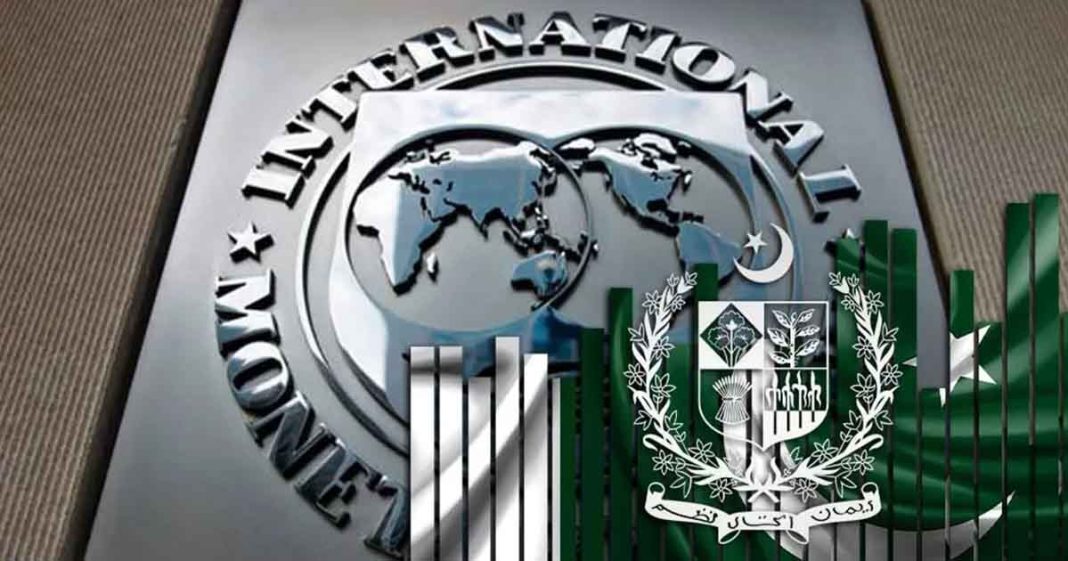Before releasing $11 billion in critical funding as part of a $65 billion bailout package, the government of Pakistan agreed with the International Monetary Fund (IMF) to increase the policy (interest) by 200 basis points from its current level of 17 percent.
The rise is based on the government’s interest rates for the domestic debt auction. Thus, the interest rate will rise to 19 percent, missing the historical high of 19.5% established in October 1996.
According to sources within the ministry of finance, Islamabad and the IMF review delegation purportedly engaged in a technical conversation. They said Islamabad was expected to hike its interest rate by 2%.
According to reports, most foreign money lenders’ requirements had been met.
According to insiders, a staff-level agreement with the IMF will be reached after discussing a few power sector concerns.
Read: IMF asks SBP to increase interest rates by 300 to 400 basis points
According to new information, Pakistan had presented IMF authorities with a comprehensive briefing on its sources of foreign exchange until June.
This month, the ninth review of the $6.05 billion rescue program was concluded without a staff-level agreement between Pakistani and IMF officials. Nonetheless, the parties agreed to several procedures that might still be required to close the deal.
During the 10-day visit of the IMF team, the Pakistani government’s aspirations of gradually convincing the IMF to apply the criteria were dashed.
Pakistan accepted the Memorandum of Economic and Financial Policy (MEFP), which comprised IMF policy proposals. However, officials said the staff-level agreement was still anticipated to be reached soon.
There was widespread support for easing import limits, clearing previously imported products, and allowing market forces to determine the rupee’s value.
New taxes and an increase in the power tariff were also proposed to facilitate the deal. However, due to the severity of the economic situation, any agreed-upon step would be burdensome for most Pakistanis.






